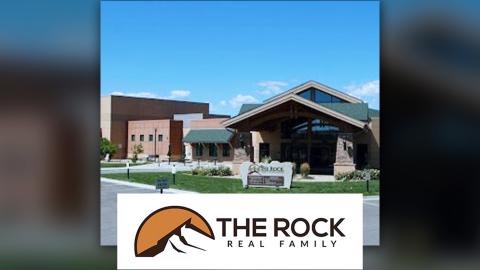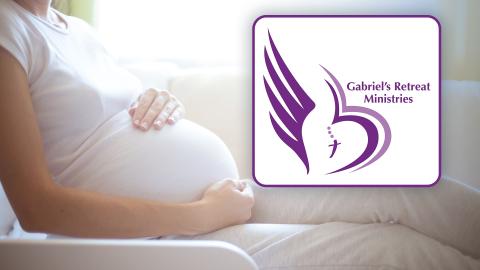Antisemitism Spike in US Leads to Mental Health Challenges for Jews
Although Jewish-Americans make up less than three percent of the U.S. population, the FBI reports they are the targets of 60 percent of all hate crimes. Since the October 7th massacre, antisemitic incidents have seen an alarming spike in the U.S., leaving many Jewish-Americans with psychological scars. For some, it's the first time, but for others, these recent events have opened old wounds.
As German Jews, Eva Perlman's family narrowly escaped Nazi soldiers during World War Two. Now she lives in Los Angeles where she speaks at Holocaust Museum LA.
"We are not that many survivors left," Perlman told CBN News. "I'm the last generation of actual eyewitnesses."
Perlman said she never thought she'd see the rise in antisemitism that Jews endure today in the U.S.
"It's really frightening," she said.
She said far too many Jewish-Americans are hesitant to acknowledge they are Jewish.
"We can not have a Star of David on our necklace. It's dangerous. If a man wears a kippah on the street, a skullcap, he may be attacked," she said.
She worries synagogues may be targeted.
"I feel that anything can happen at any time," she said.
Even gathering with other Jews in unmarked buildings feels scary.
"I was in a place that had no name. It doesn't say what it was. It's like a basement place, which was kind of safe," Perlman explained. "But the door could open on to the sidewalk outside. And I was afraid that somebody might open the door and start shooting."
Mental health experts say this current rise in antisemitism can cause Holocaust survivors to almost relive that past trauma. Even many younger Jews are making the connection between now and then.
"Feeling that level of fear, especially on college campuses, where there's more happening on a daily basis, can be incredibly terrifying," psychotherapist Gina Moffa told CBN News. "It is 100-percent something that can be sparked again within us, when we hear stories of how it started in World War Two."
Jewish-Americans sometimes experience generational trauma, that stems from centuries of persecution.
"We know from the Psalms that the Babylonians, when they exiled Jews from Israel, we know that they threw Jewish babies off the cliffs," Rabbi and author Steve Leder told CBN News.
Rabbi Leder said today's antisemitism opens old wounds.
"This is a new chapter in the oldest of stories. And this kind of triggers it in all of us," he said. "My father used to bury gold coins in the backyard in case we had to make a run for it."
Today's Jewish-Americans feel a sense of betrayal.
"We are in a world where people who act as friends when they need us are not really friends when we need them," said Rabbi Leder. "That's a very harsh reality for the generation of my children, for Millennials and Gen Z to learn."
Moffa said, "People we thought we knew, people we thought we had a lot in common with, are now saying things that are incredibly antisemitic."
Mental health experts recommend people experiencing trauma practice self-care.
"Do what you can to have hope reignited, whether that means feeling safe and grounded through spiritual activities, nature, exercise, prayer, good friends."
Rabbi Leder points out that while some people have abandoned Jewish-Americans, others have not.
"We're not in a friendless world," he said. "Some amazing non-Jews have stepped up, spoken out, and stand with us. I have learned that no one suffers pain better alone. The worst part about pain, the most painful part of pain, is the feeling of isolation and abandonment," Rabbi Leder continued. "To everyone who is listening, thank you. Thank you for asking, 'How are you really?' It's that 'really' word that means so much to Jews. Thank you for giving us a platform and for being on the right side of good and evil."



